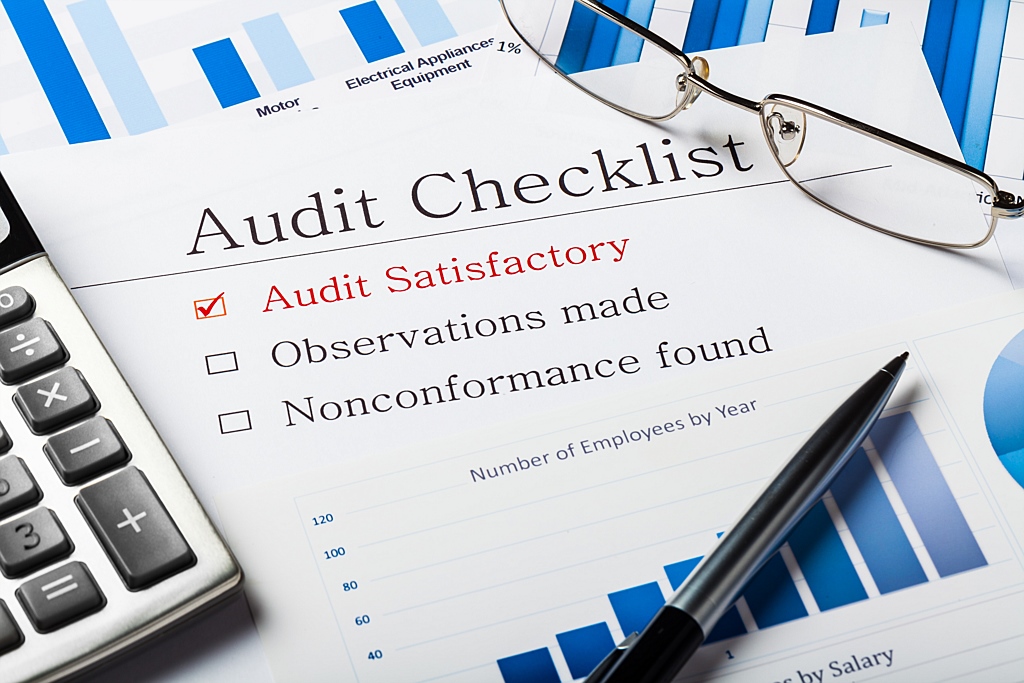What is the reason to hire a CPA to handle your business taxes? CPA’s are highly experienced accountants who have gained valuable experience in the business world. It is a very valuable tool for business owners to hire a CPA because a Certified Public Accountant (CPA) can negotiate with the IRS on your behalf to get you better tax benefits.
Hiring a CPA can save you money and hassle. A Certified Public Accountant (CPA) is trained and experienced in all aspects of small business accounting and tax laws. The Certified Public Accountant (CPA) is the person most qualified to interpret the complicated IRS instructions and other federal and state tax laws. They will be able to properly prepare your tax returns and advise you on the best option for taking advantage of every tax deduction available to you.
Small business owners can hire a CPA to handle their taxes due in April, July and October. Most accountants are already familiar with the complex procedures required to file an income tax return with the IRS. The IRS also requires small businesses to retain an accountant to manage their accounting and bookkeeping. Even if you do not currently use the CPA for your accounting needs it is still a wise decision to hire one to file your taxes for you.
One of the many benefits to business owners who fail to hire a CPA is the potential financial backlash from paying incorrect taxes. In 2021 the Internal Revenue Service audited more than 500 business owners for tax liability. The majority of these tax liability audits resulted in the taxpayer owing a penalty or interest amount. The majority of business owners were not even aware they had incurred taxes.
At Peavy and Associates PC our mission is to assist you with all your tax preparations, payroll and accounting needs. We provide our clients with professional, personalized accounting services and guidance in a wide range of financial and business needs. Give us a call today and discover why our clients return to Peavy and Associates, PC year after year!











